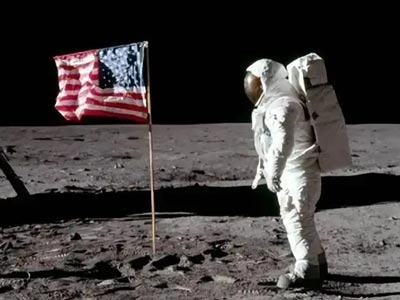Spokespeople for both the White House and the U.S. Department of Commerce confirmed that the U.S. government is not actively discussing tariffs on generic drugs under the Section 232 national security investigation. While the likelihood of tariffs on generic drugs has decreased, the U.S. government is reportedly considering whether to issue an executive order to provide federal grants or loans to domestic manufacturers of key generic drugs.
The Trump administration has stated that it does not plan to impose tariffs on foreign generic drugs, a decision that would affect imported generic drugs, which account for 90% of Americans' daily medications.
On October 8, spokespeople for both the White House and the U.S. Department of Commerce confirmed that the administration is not actively discussing tariffs on generic drugs under the Section 232 national security investigation.
This potential exemption is significant because it would affect drugs that account for approximately 90% of Americans' prescriptions, including everyday medications such as antibiotics and heart disease medications that rely heavily on imports. Officials who previously supported the exemption expressed concern that tariffs on generic drugs would lead to higher prices and even shortages for consumers.
While the likelihood of tariffs on generic drugs has decreased, the Trump administration has not abandoned its goal of "reshoring manufacturing." The administration is reportedly considering whether to issue an executive order to provide federal grants or loans to domestic manufacturers of key generic drugs.
This could involve using funds from foreign governments, such as Japan, that were part of tariff agreements with the Trump administration, although such infrastructure funding has yet to be established.
Tariff Scope Significantly Narrowed
The exclusion of generic drugs from the tariff list marks a significant reduction in the scope of the US Department of Commerce's "Section 232" investigation into pharmaceutical products.
Last month, Trump announced online that a 100% tariff would be imposed on brand-name drugs on October 1st, but made no mention of generic drugs.
In April of this year, the US government issued a public notice explicitly stating that it would use Section 232 of the Trade Expansion Act of 1962 to investigate "finished generic and non-generic drug products" as well as drug ingredients.
The decision not to impose tariffs on foreign generic drugs is also a reversal of Trump's campaign promises. In a 2023 campaign video, Trump stated:
He will implement tariffs and import restrictions in phases to bring production of all essential medicines, including many common generic drugs, back to the United States.
However, the latest policy direction suggests the US government is taking a more cautious approach to using tariffs as a tool to reshape the pharmaceutical supply chain.
Clear Divisions Within the Administration
Reports citing sources familiar with the matter indicate significant divisions within the administration over tariffs on generic drugs.
Some officials, including Theo Merkel, a member of Trump's Domestic Policy Council, have warned that tariffs on generic drugs would directly lead to higher costs for consumers and could even trigger drug shortages.
They argue that because production costs in countries like India are extremely low, and nearly half of all generic drugs in the United States come from India, even high tariffs would not necessarily make domestic production profitable.
On the other hand, some officials at the Ministry of Commerce and protectionists close to Trump hold the opposite view.
They argue that dependence on foreign generic drug suppliers poses a national security risk and that high tariffs, combined with government support for new production facilities, could make domestic generic drug production profitable.
Furthermore, tariffs and quotas on generic drugs may ultimately be necessary to avoid a repeat of the global supply chain disruptions experienced during the pandemic. U.S. Trade Representative Jamieson Greer stated:
The U.S. government is implementing a nuanced, multifaceted approach to restructure the generic drug manufacturing industry, ensuring that Americans are not once again burdened by foreign dependence, as they were during the COVID-19 era.
Last week, U.S. Republican Senator Rick Scott of Florida wrote to administration officials urging them to extend tariffs to generic drugs. Despite the disagreement, White House spokesman Kush Desai insisted:
There is no disagreement or conflict of opinion between the White House and the Commerce Department on this issue.




